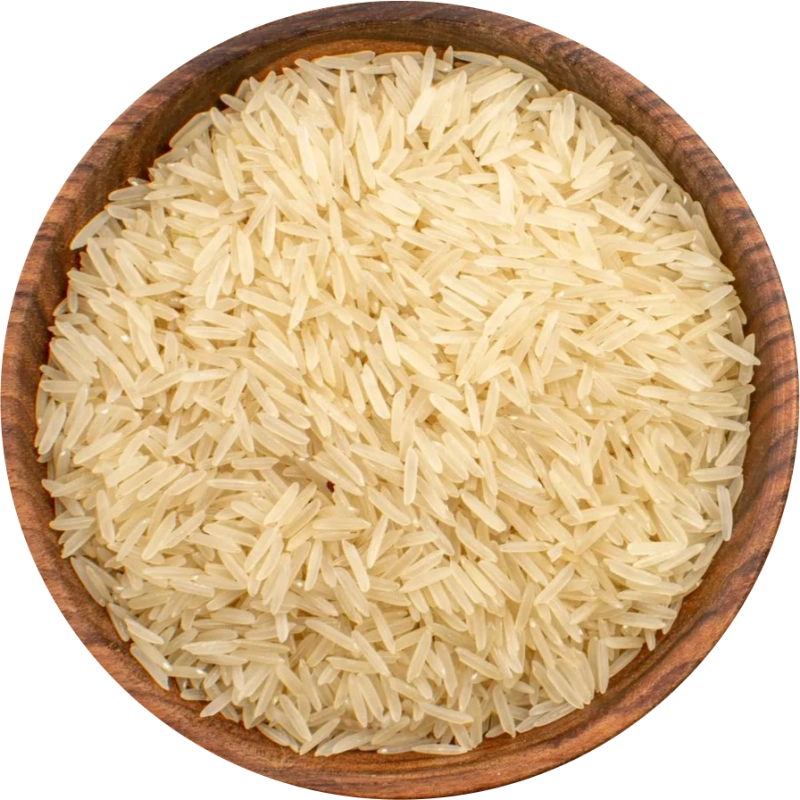Basmati rice, often called the "queen of rice," is esteemed for its distinctive aroma, long slender grains, and delicate flavor. Originating from the Indian subcontinent, this aromatic rice has become a staple in various cuisines worldwide. Understanding the different varieties' unique flavor profiles can enhance your culinary experiences.
Traditional Basmati Varieties
Traditional basmati rice varieties have been cultivated for centuries, primarily in the fertile regions of India and Pakistan. These include Basmati 370, Basmati 385, and Ranbir Basmati. Characterized by their long grains and rich, nutty flavor, these types are often aged to intensify their aromatic qualities. They yield fluffy, separate grains when cooked, making them ideal for dishes like biryanis and pilafs.
Hybrid Basmati Varieties
Upgradation in agricultural practices has led to the development of hybrid basmati varieties that offer improved yield and disease resistance while retaining the essential characteristics of traditional basmati. Notable hybrids include Pusa Basmati 1121 and Pusa Basmati 1509. Pusa Basmati 1121 is acclaimed for its extra-long grains and exceptional elongation upon cooking, making it a preferred choice for premium dishes. Pusa Basmati 1509, on the other hand, matures earlier and requires less water, offering a sustainable option without compromising on flavor.
Flavor Profiles
The unique flavor of basmati rice is attributed to a specific aromatic compound called 2-acetyl-1-pyrroline, which imparts a characteristic pandan-like aroma. Traditional basmati varieties tend to have a more pronounced nutty and floral flavor, while hybrid varieties offer a milder taste with similar aromatic qualities. The choice between traditional and hybrid basmati depends on personal preference and the specific culinary application.
Culinary Applications
Basmati rice's versatility makes it suitable for a wide range of dishes. Its fragrant aroma and fluffy texture complement rich curries, grilled meats, and vegetable dishes. In Indian cuisine, basmati is the preferred choice for biryanis, where its ability to absorb flavors without becoming sticky is highly valued. It's also used in Middle Eastern pilafs and as a side dish in various global cuisines.
Sourcing Quality Basmati Rice
When selecting basmati rice, reputable suppliers like Vora Spice Mills will offer authenticity and quality. India has numerous basmati rice manufacturers in India and basmati rice suppliers in India who meet stringent quality standards. For those interested in exploring non-basmati rice options, India also boasts a variety of non-basmati rice exporters from India, offering diverse rice types to cater to different culinary needs.
Incorporating authentic basmati rice into your meals can elevate your culinary creations, providing a fragrant and flavorful foundation for many dishes. Whether you opt for traditional varieties or modern hybrids, understanding their unique characteristics will help you make informed choices to suit your palate and cooking requirements.
Are you looking for premium-quality basmati or non-basmati rice? Contact Vora Spice Mills, one of India's leading basmati rice manufacturers in India. Explore their wide range of rice products today to bring the finest grains to your table.


